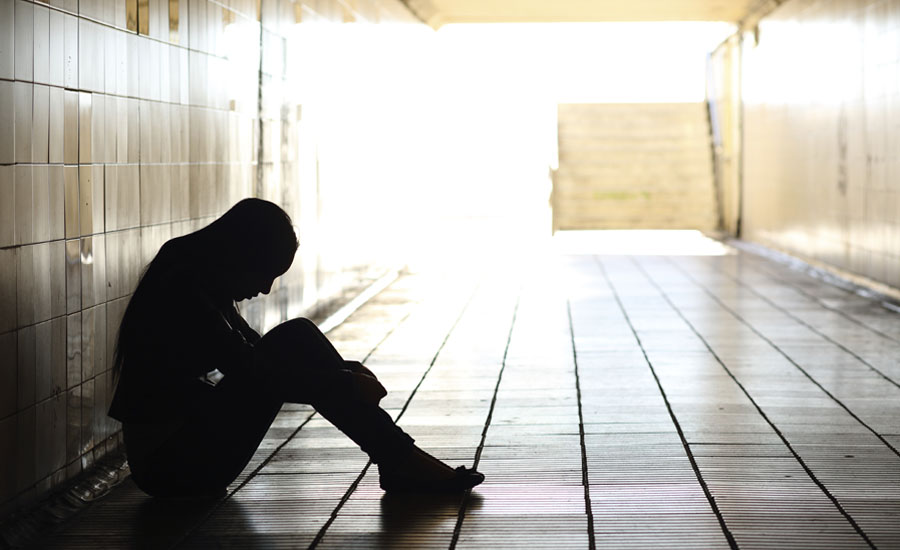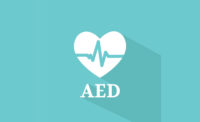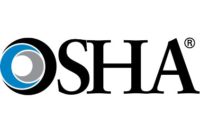Employee assistance programs are seldom used

Employees seldom seek assistance through company-funded EAPs, according to an occupational health specialist speaking at the American Industrial Hygiene Conference and Expo on Monday in Salt Lake City.
Privacy laws limit knowledge of employee utilization of EAPs. But best in class EAPs average a utilization rate of 13-15 percent – meaning about one in ten employees or their family members will put a call into an EAP.
Privacy laws strictly limit knowledge of who is making calls to EAPs. But why calls are being made is useful information to employers and EHS professionals. The top three reasons for calling an EAP: 1) financial issues; 2) substance abuse issues; and 3) verbal and/or physical assault issues.
Use of EAPs is infrequent due to the outsourcing of EAPs in recent decades. Programs once were often run by company HR departments, with in-house counselors meeting face to face with employees and building trust and relationships. But concerns about privacy – employees being fearful of being observed visiting the in-house staff EAP counselor -- shifted EAP functions to outside services. Outside services often lack the relationships with employees needed to build trust that is needed for EAP utilization.
Looking for a reprint of this article?
From high-res PDFs to custom plaques, order your copy today!






